Celebrities With Noonan Syndrome, a genetic disorder impacting an estimated 1 in 1,000 to 1 in 2,500 individuals globally, is recognized for its distinct facial characteristics, short stature, heart abnormalities, and other associated health issues. Despite its rarity, this condition has affected notable figures in diverse fields, offering insights into their distinctive journeys and contributions to society.
J.R. Martinez
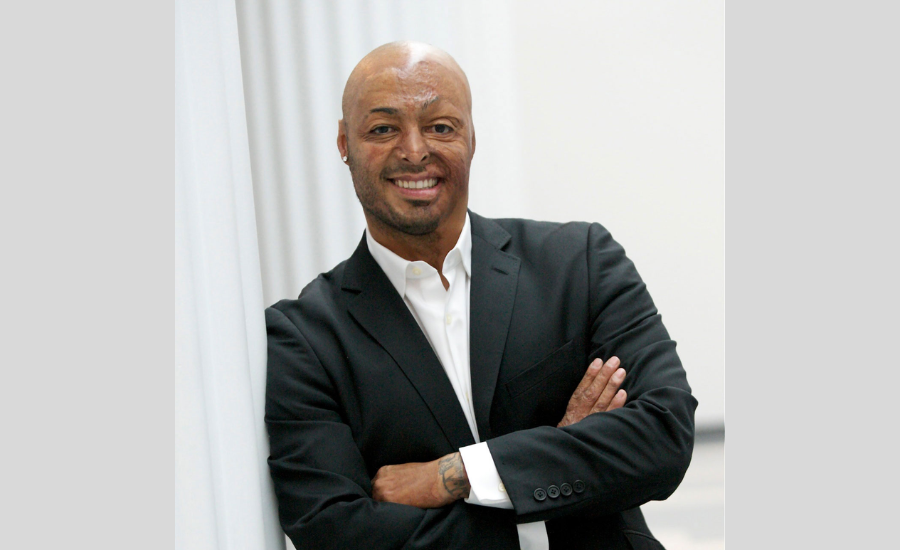
J.R. Martinez, an accomplished American actor, motivational speaker, and former U.S. Army soldier, rose to prominence following his courageous recovery from severe burns sustained during his military service in Iraq. Born with Noonan Syndrome, Martinez’s distinctive facial features have not defined but rather enriched his journey. His resilience and optimistic spirit have positioned him as a leading advocate for burn victims and individuals living with disabilities, inspiring countless with his story of triumph over adversity.
Michaela Strachan
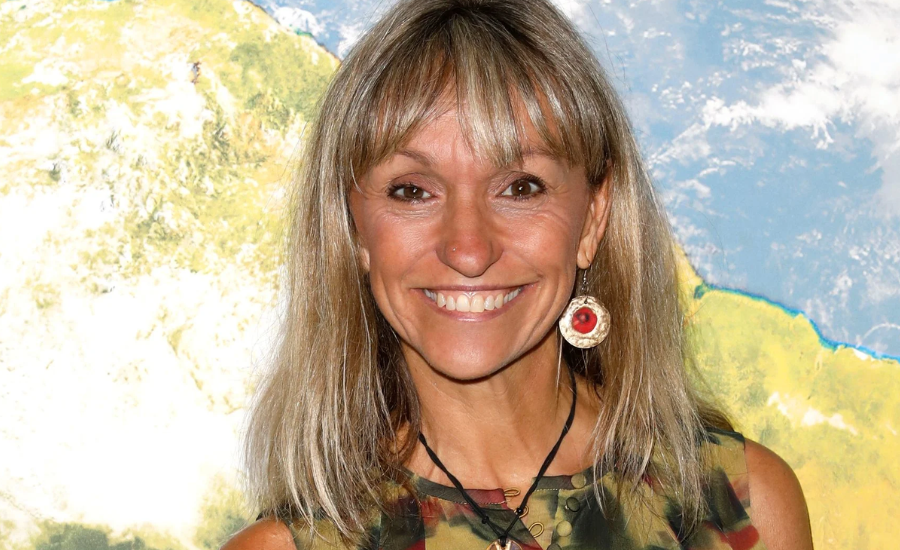
Michaela Strachan, a celebrated British television presenter and expert in natural history, has been vocal about her personal journey with Noonan Syndrome. Renowned for her contributions to wildlife programs like “The Really Wild Show” and “Springwatch,” Strachan has leveraged her platform to increase awareness and foster empathy towards the syndrome. Through her advocacy, she not only educates the public about Noonan Syndrome but also champions inclusivity and understanding for individuals affected by it.
Russell T Davies
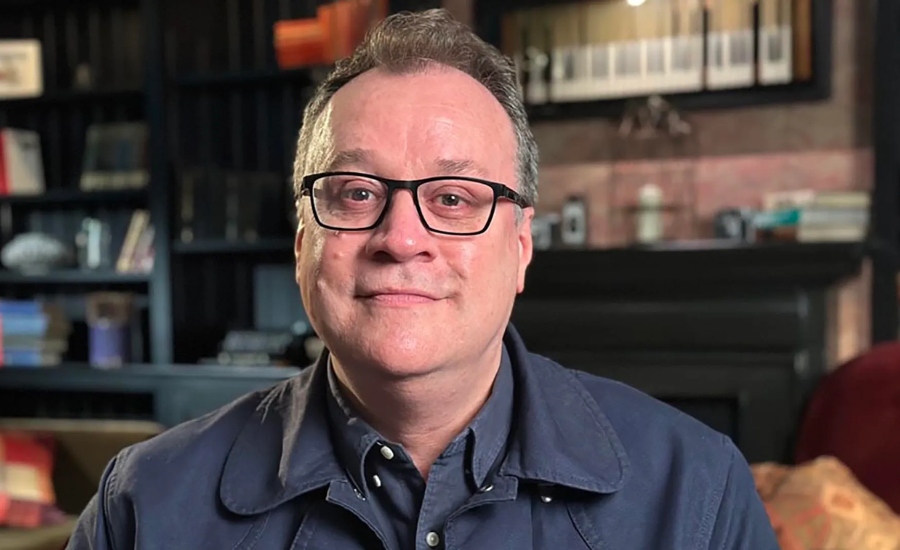
Russell T Davies, a revered British television producer and screenwriter of notable acclaim, is celebrated for his pioneering contributions to television, including the groundbreaking series “Queer as Folk” and the revitalization of “Doctor Who” in the early 2000s. Embracing his journey with Noonan Syndrome, Davies has candidly shared how his personal experiences have profoundly shaped his creativity and storytelling. His resilience and determination are evident throughout his career, where he has consistently pushed boundaries and brought diverse narratives to mainstream television, inspiring audiences and fellow creators alike.
Tim Burton
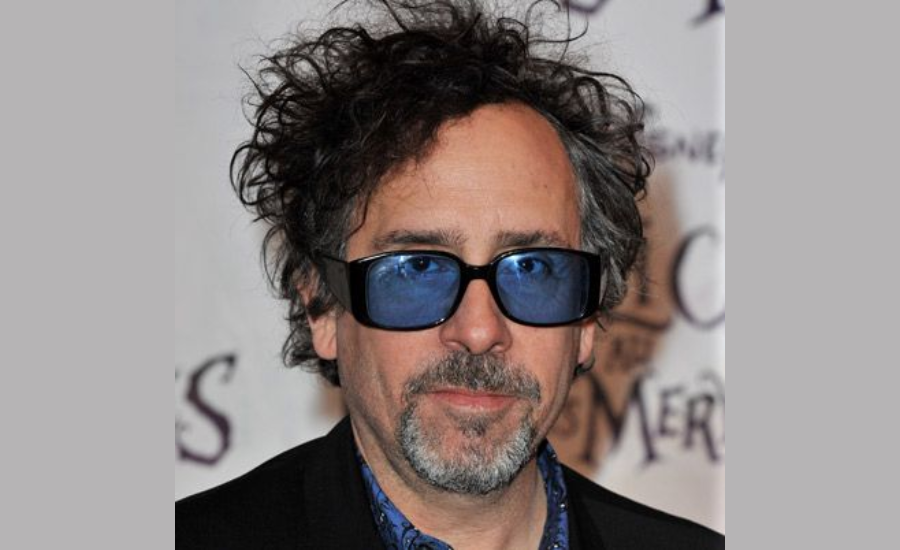
Tim Burton, renowned director and producer, has openly discussed his journey with Noonan Syndrome, revealing challenges he faced in his youth, including social difficulties and bullying related to his distinctive appearance. Despite these obstacles, Burton discovered solace in his artistic talents, particularly drawing, which paved the way for his illustrious career in filmmaking. Known for his distinctive and imaginative style, Burton has left an indelible mark on cinema with iconic works like “Edward Scissorhands” and “The Nightmare Before Christmas,” captivating audiences worldwide with his unique storytelling and visual flair.
Ben Stiller
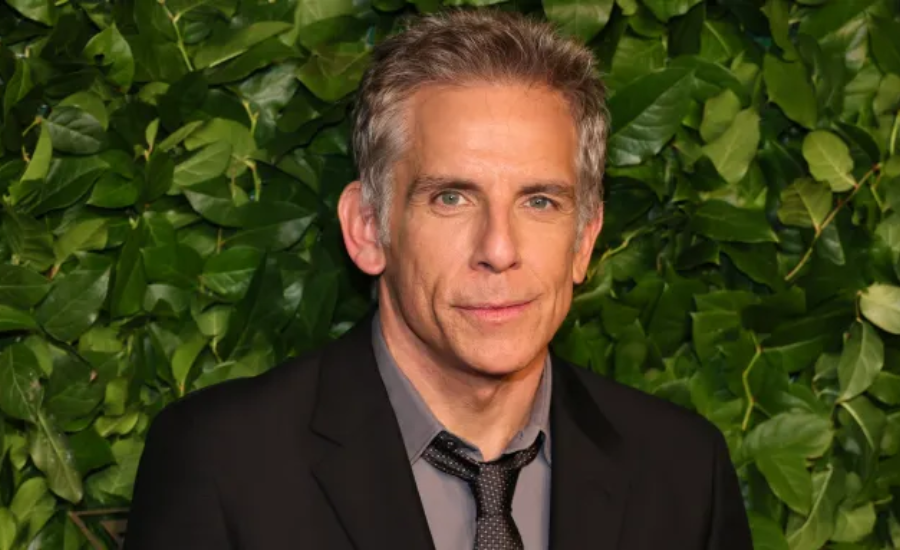
Ben Stiller, a prominent actor and comedian, has been widely recognized for his openness about living with Noonan Syndrome, a condition he was diagnosed with during adolescence. Despite facing significant challenges, including multiple heart surgeries and learning disabilities, Stiller has refused to let his diagnosis define his life. In an interview with Parade magazine, he candidly discussed his experiences and the resilience that has fueled his successful career as an actor, writer, and director. Stiller’s journey serves as an inspiring testament to overcoming adversity and pursuing one’s passions with determination and perseverance.
Others Affected By Noonan Syndrome
Beyond the spotlight of well-known figures, numerous individuals globally live with Noonan Syndrome, each confronting distinct challenges and accomplishments. This genetic disorder manifests diversely, affecting physical appearance, health, and developmental aspects in varying degrees. As awareness and research grow, medical experts and communities are enhancing support systems for those impacted, aiming to deepen comprehension and expand treatment options. By fostering greater understanding, ongoing efforts seek to improve the quality of life for individuals with Noonan Syndrome and their families worldwide.
Facts about Noonan Syndrome
- Named After Dr. Jacqueline Noonan: Noonan Syndrome derives its name from Dr. Jacqueline Noonan, a pediatric cardiologist who first identified and described the condition in the 1960s.
- Variable Presentation: Individuals with Noonan Syndrome exhibit a spectrum of symptoms, including distinct facial features, short stature, congenital heart defects, and often, learning disabilities.
- Overlap with Other Syndromes: Noonan Syndrome shares clinical features with related genetic conditions such as LEOPARD syndrome and cardiofaciocutaneous syndrome, highlighting common underlying genetic pathways.
- Incidence and Diagnosis: It affects approximately 1 in 1,000 to 1 in 2,500 individuals worldwide, placing it within the category of rare genetic disorders that are significant in clinical genetics and require specialized diagnostic approaches.
FAQs about Noonan Syndrome
Q: Is Noonan Syndrome inherited?
A: Yes, Noonan Syndrome can be inherited in an autosomal dominant manner, meaning one copy of the mutated gene from either parent is sufficient to cause the syndrome. However, in many cases, it occurs sporadically due to new mutations.
Q: What are the most common symptoms of Noonan Syndrome?
A: Common symptoms include distinctive facial features, such as widely spaced eyes and low-set ears, short stature, heart defects, and developmental delays.
Q: Can individuals with Noonan Syndrome lead normal lives?
A: With appropriate medical care and support, many individuals with Noonan Syndrome lead fulfilling lives. They can pursue careers, establish relationships, and engage in activities like anyone else.
Q: Are there treatment options for Noonan Syndrome?
A: Treatment focuses on managing symptoms and may include surgical interventions for heart defects, growth hormone therapy to address short stature, and early intervention programs to support developmental delays.
Q: How does Noonan Syndrome affect lifespan?
A: Lifespan varies depending on the severity of associated health issues, particularly heart defects. With proper medical care and monitoring, many individuals with Noonan Syndrome live into adulthood and beyond, leading productive lives.
Conclusion
Noonan Syndrome, while uncommon, manifests uniquely in individuals, influencing their physical well-being, developmental trajectory, and social interactions. The experiences of notable figures such as J.R. Martinez, Michaela Strachan, Russell T Davies, Tim Burton, and Ben Stiller underscore resilience, creativity, and advocacy within the Noonan Syndrome community. Their stories illuminate how individuals with the syndrome navigate challenges with determination and contribute meaningfully to society.
Increasing awareness and advancing research are crucial to enhancing the diagnosis, treatment, and support available for those affected by this genetic disorder. By promoting understanding and fostering inclusive environments, we empower individuals with Noonan Syndrome to thrive and realize their full potential despite the obstacles they may encounter.
Stay in touch for more updates and alerts visit: Latest Dash!
